
The 15 Objects That Defined 2020
From sweatpants to rubber bullets, a year in culture told through the artifacts we’ll never forget.
Recommendation
In what some call the “year that felt like a decade,” deciding what objects really define 2020 is tricky, but consumerism will speak. Face masks and toilet paper come readily to mind, but leaf blowers and Home Depot’s 12-foot-high skeleton? The year 2020 may be remembered for COVID-19 (Plexiglass barriers), seclusion in lockdown (sweatpants) and Zoom meetings (bookcase backdrops), but one can’t forget the Black Lives Matter Protests (rubber bullets) and the political turmoil around the US presidential election (Fred Perry Proud Boys shirts). In this uniquely weird round-up of 2020 artifacts on Medium, Rob Walker brings a light touch to a dark year.
Summary
About the Author
Senior writer for Marker by Medium Rob Walker is a longtime contributor to The New York Times and is the author of The Art of Noticing.


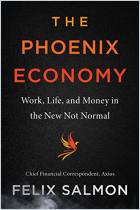
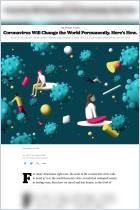
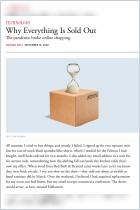
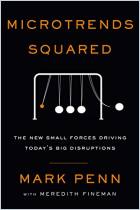

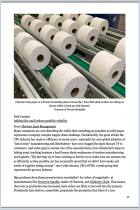




Comment on this summary